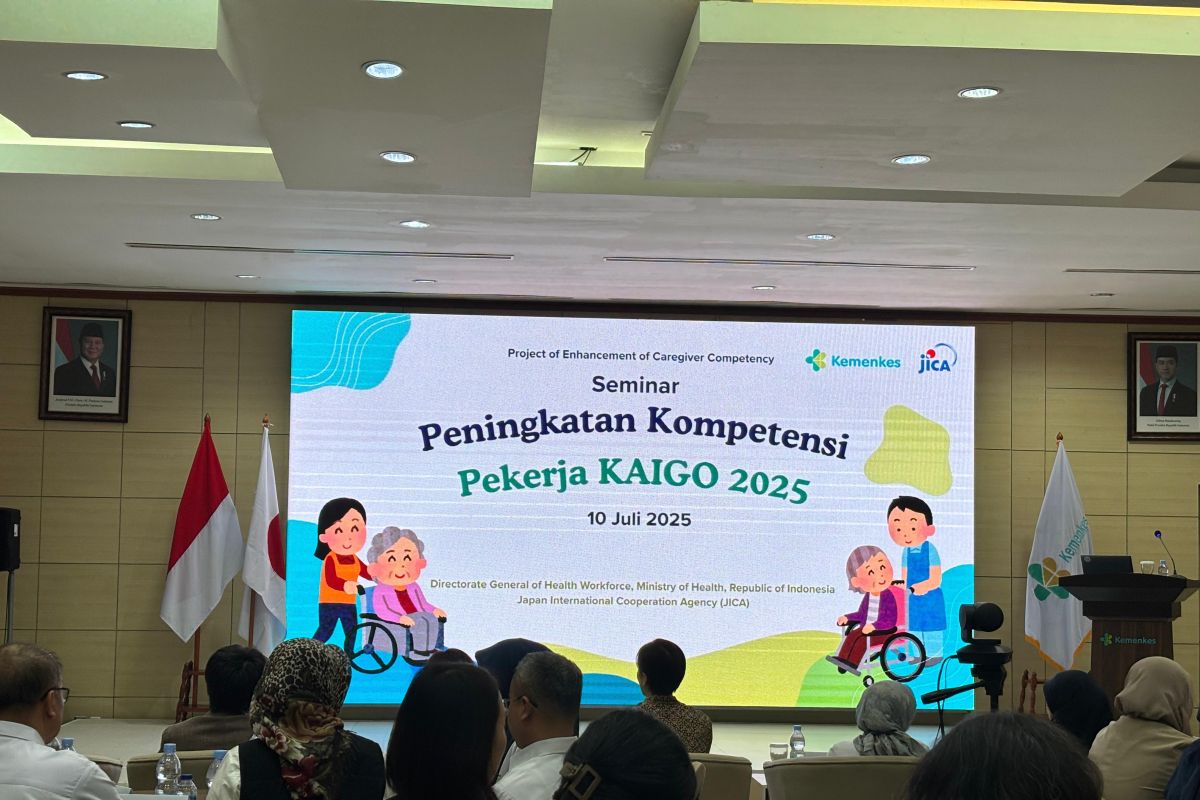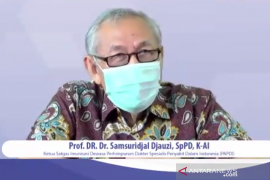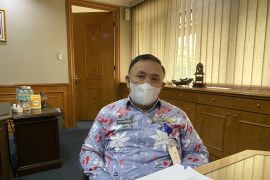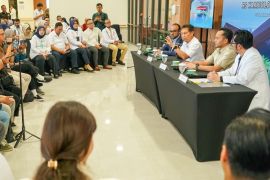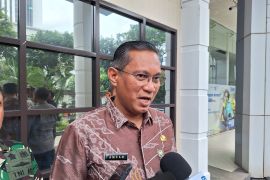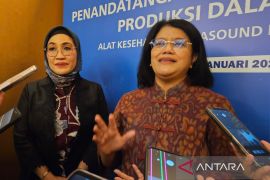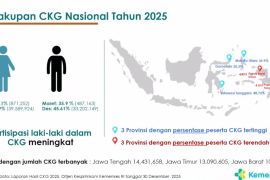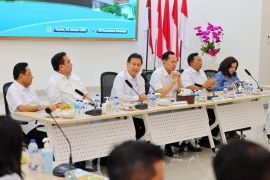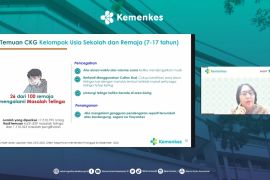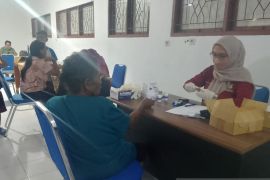Director General of Healthcare Personnel at the Health Ministry, Yuli Farianti, said the initiative responds to Japan’s growing need for Indonesian caregivers due to its increasing elderly population. Japan requires caregivers who meet its standards, she stressed.
In a statement received on Friday, Farianti highlighted the importance of Indonesia preparing for its own demographic shift. According to the 2023 Population Census, 12 percent, or 29 million Indonesians, are over 60 years old.
“That figure is expected to rise to around 20 percent, or about 50 million people, by 2045. This will have a significant impact on healthcare needs, especially elderly care,” she noted.
Japan serves as a model for elderly care, with a professional and standardized kaigo sector supported by caregivers with relevant education, she remarked.
“Indonesia can learn a lot from Japan about how to adapt to changes in population structure through transforming the nursing system into professional care,” she said.
Related news: Caring for aging population with better policies, social awareness
Farianti also underscored the need to update the curriculum for healthcare personnel to meet global sector demands.
Each year, Indonesia produces around 30,000 nursing graduates, with 20 percent coming from the ministry’s polytechnics, she added.
The seminar is expected to facilitate discussion between Indonesia and Japan on harmonizing caregiver competency standards, as well as opportunities for training and certification in the kaigo sector.
In the same statement, Head of JICA’s Indonesia Representative Office, Takeda Sachiko, expressed her agency’s commitment to supporting the improvement of kaigo worker competencies from Indonesia.
Sachiko said this is part of the long-term collaboration between the two countries.
Related news: Schools for elderly to reduce burden from aging population: Official
Japan is experiencing a surge in its elderly population, driving systemic change, she noted. Initially, elderly care was handled within families, but it has since been integrated into a national system.
“Kaigo is now a social responsibility for all Japanese people, not just families. This system requires trained personnel with a strong sense of humanity,” she added.
She said Indonesia has significant potential to meet the kaigo sector’s demand, while also preparing for its own demographic shift over the next two decades.
Kaigo is a meaningful professional career offering room for sustainable personal growth, Sachiko pointed out.
On the occasion, she also shared that her own mother had been cared for by an Indonesian caregiver, demonstrating that Indonesian healthcare professionals can pursue careers globally, she noted.
Related news: Ministry explores cooperation to empower elderly
Reporter: Mecca Yumna Ning Prisie
Editor: M Razi Rahman
Copyright © ANTARA 2025
